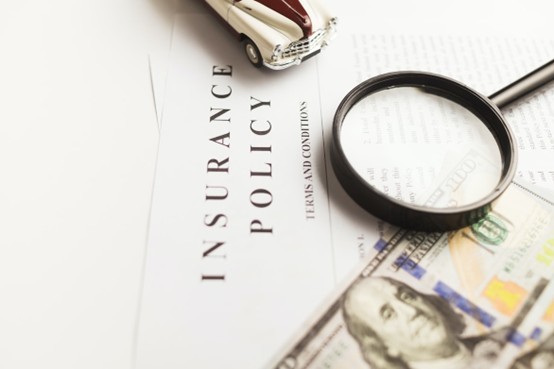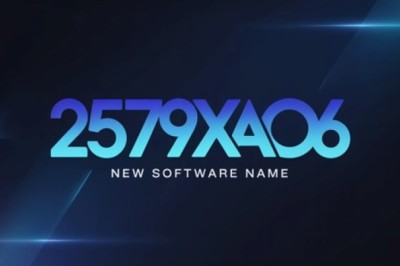views
Car insurance is not just a legal requirement; it's a financial safety net that protects you from potential losses. However, many car owners often overlook the importance of updating their car insurance policies. While the cost of auto insurance increased by 12% in 2023, it’s unimaginable to hit the road without such a safety net, which can even lead to hefty fines.
The fact is that even if you obtain the best coverage, insurance policies have expiration dates. In most cases, they last around one year. And while you can extend it, there might come a time when you will want to acquire additional coverage to your policy and enjoy more safety while on the road.
This article will guide you on when and why you should consider updating your car insurance policy.

Understanding Your Car Insurance Policy
Each car insurance policy has a specified duration, encompassing the start and expiration date. Typically, insurers provide one-year or extended plans spanning three or five years. To renew your policy, it's ideal to do so 15 to 30 days before it expires.
If you inadvertently miss the renewal deadline, verify the grace period provided by your insurance company. Generally, grace periods range between 30 and 90 days but can differ among insurers.
If you are planning to make changes to your car insurance policy, it’s in your best interest to consult a brokerage that specializes in helping clients receive the best insurance coverage and ensure that you are getting the right deal.
There are various options, and it’s always important to make informed decisions, especially in such cases as insurance policies can set you back thousands of dollars.
Reasons to Update Your Car Insurance Policy
Financial Savings
Timely renewals and/or updates of your car insurance can save you a lot of money. If you forget to renew your insurance policy on time, then you will have to buy a new policy, which will cost you more than the policy renewal amount.
So carefully pay attention to the expiry date and the types of coverage that simply increase the monthly premium you have to pay but are not suitable for you.
No Claim Bonus
With a timely car insurance renewal, you will be able to avail yourself of the accumulated bonus known as the No Claim Bonus (NCB). This is a discount offered by an insurer to the policyholder for not raising any claims during the policy's tenure.
Change in Use of Vehicle
If the purpose of your car's usage changes, for example, if you start using it for business purposes like making deliveries, you need to update your policy. A standard auto insurance policy might not provide coverage for business use.
When to Consider Changing Your Car Insurance Company
There are several reasons why you might consider changing your car insurance company. These include better benefits, increased premiums, lack of network garages, insufficient add-on covers, and problems with customer service.
The best time to consider changing your insurance is when you have had some big change in your life, such as moving to a new city or state, adding a new driver to your vehicle, or buying a new car.
How to Switch Your Insurance Provider
Transitioning to a new insurance provider can be hassle-free if you adhere to several guidelines. Begin by researching online and contrasting various car insurance policies. Evaluate the insurer's claim settlement ratio and their claims resolution procedures. Seek 24/7 support and additional benefits. Confirm that they offer your desired add-on covers and an extensive network of garages for an acceptable premium.
Once you have chosen a new insurance provider, inform your current one about the change. Or, to make the entire process much simpler, contact a brokerage, and they will help you find the best policy for you and your needs.
Conclusion
Modifying your car insurance policy is vital for safeguarding your financial well-being. When renewing your current policy or changing providers, it's crucial to choose an option that aligns with your requirements. The objective is not only to abide by legal regulations but also to secure adequate coverage in the event of unforeseen incidents. By adhering to the steps mentioned earlier, you can effectively protect one of your most valuable assets.























Comments
1 comment
Very creative blog!!! I learned a lot of new things from your post. It is really good work and your post is knowledgeable. Waiting for your more updates.